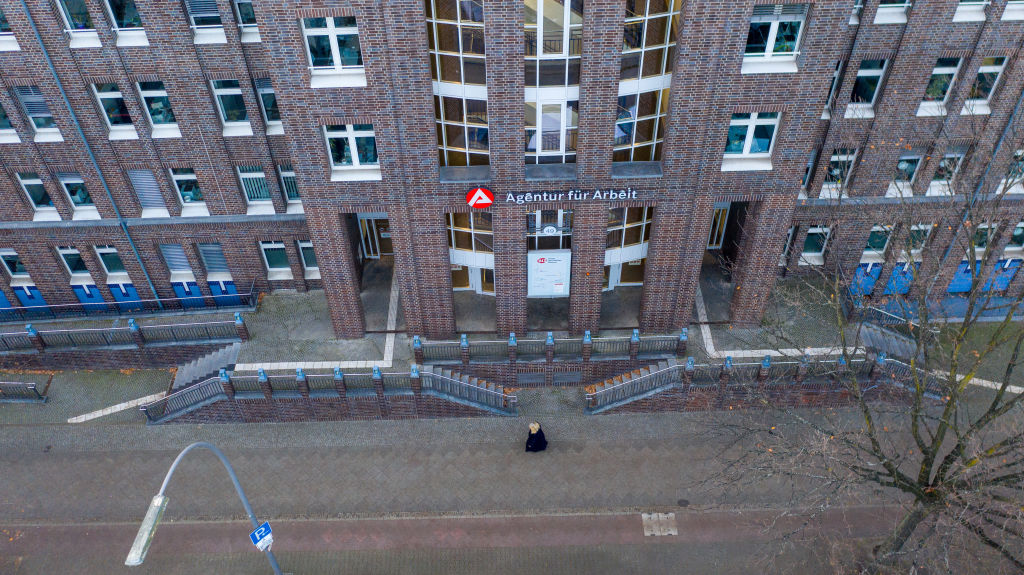Most new jobs created by German companies in the past three years came in response to the ever-growing bureaucratic onus put on the private sector.
According to a new study by the Institute for Labour Market Research (IAB), a unit of the Federal Employment Agency published on October 20, German firms had to hire 325,000 additional employees to keep up with bureaucratic requirements.
The total number of new jobs created in Germany since 2022 was around 550,000. This means almost 60 per cent of new positions were created to fulfil legal reporting requirements and other bureaucratic tasks – rather than work productively, as German newspaper FAZ bemoaned yesterday
The burden has been especially heavy for small enterprises, which form the backbone of Germany’s economy.
According to the IAB study two thirds of the bureaucratic positions were created by companies employing less than 50 people.
The sectors most affected by the additional bureaucratic burden were utilities, education and healthcare.
The share of German firms report the highest possible level of bureaucratic costs (on a scale of 1 to 10) has more than tripled since 2022, from 4 per cent to 14 per cent.
Around 80 per cent of those surveyed said their bureaucracy costs had risen in the past three years, mirroring the increased effort required to comply with legal requirements and regulations, as the IAB researchers found.
Consequently, 55 per cent of companies said that meant they had lost productivity.
The biggest single stress factor is the European Union’s General Data Protection Regulation (GDPR). Sixty-eight per cent of companies said it had affected them negatively.
The second most unpopular bureaucratic measure are EU regulations on IT security (32 per cent), followed by the German Supply Chain Due Diligence Act, which requires companies to monitor and report on human rights and environmental standards across their global supply chains.
Past efforts by the German Government to reduce the burden, such as the eponymous Bureaucracy Reduction Acts I to III, have had no noticeable effect on companies’ suffering, according to the study.
The researchers concluded: “Reducing bureaucracy remains a Herculean task. However, it becomes all the more urgent as the growing administrative tasks increasingly become an obstacle to overall economic growth.”





